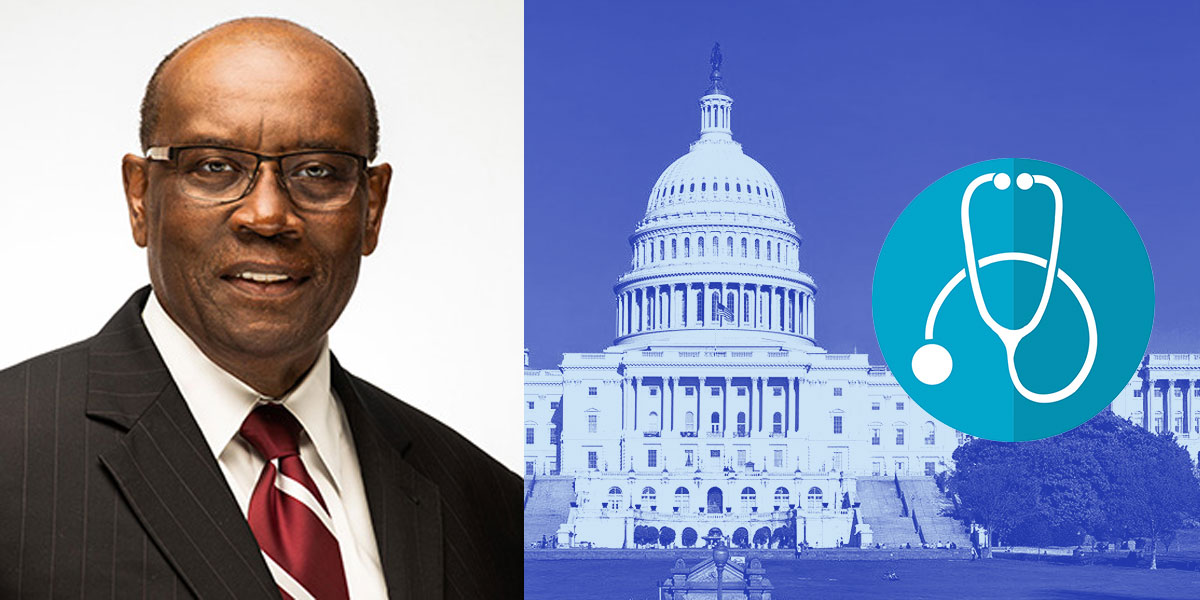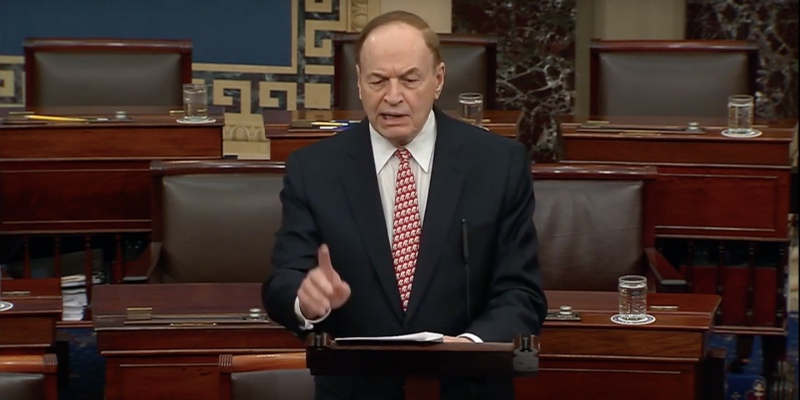I was supposed to be a farmer in Green Pond, South Carolina until my father gently suggested that my gifts would be better applied elsewhere. In a few months, I’ll retire from a career in higher education that has lasted more than four decades. I’m now transitioning from President of Alabama A&M to full-time grandparent. And while I may need to wait a few years before I can wow my grandkids with the highlights of my master’s degree in mathematics, I’m already focused on doing what I can on their behalf to help solve one of the most important challenges of our time: affordable access to health care.
During my tenure at AAMU, we made an important change to our university health plan. With a new plan, enrollees saw between 6 and 18% in median percentage savings. That was a big deal for university families in Huntsville and it showed me how powerful cost savings—and improved access to health care—could be.
Right now, Congress is debating what’s left in and what’s left out of the next federal budget. A key program, one that helps bring down the cost of health insurance and improves access to health care, is part of the current negotiations. Here’s what’s on the table: federal health insurance marketplace subsidies. Millions of Americans now have health care with the help of these subsidies. And Congress must act now to make these subsidies permanent — for current enrollees in the marketplace, for the uninsured who need access to affordable care, and for future generations to come.
The COVID-19 pandemic has, of course, highlighted the need for improved access to health care. Tax credits are particularly beneficial to many of our students since 49% of our students come from families whose expected family contribution is $0.
Part of our mitigation program at AAMU during the pandemic was called “Shield the Hill,” a reference to our iconic campus. Our great students responded heroically to do their part in slowing the spread of the virus and reducing the need for care. Largely because of their hard work, traditions like Homecoming and the Magic City Classic later this month will be in-person. (Go Bulldogs!)
Still, communities across our state have been hit hard by the pandemic—and it is the relief with federal health care subsidies that has helped get so many on the road to recovery. After the American Rescue Plan (ARPA) was passed this year with enhanced and extended health care subsidies, more than 42,000 new people in Alabama signed up for marketplace health coverage during a special enrollment period. For existing and new enrollees in Alabama who are using subsidies to afford coverage, they are now saving 59% on their premiums.
Across the country, millions more benefited during this special enrollment period after the passage of ARPA: Nearly 1 million people found a health insurance plan on the federal marketplace for $10 or less with the help of subsidies.
These are critical numbers for Congress to consider during budget negotiations. If Congress makes the wrong choice – and allows these tax credits to expire next year as scheduled – premiums could double for millions of people who have insurance through the federal marketplace. If Congress makes the right choice – and makes these subsidies permanent – nearly 1 million uninsured children and parents could gain insurance coverage.
I know Congresswoman Terri Sewell shares this passion for affordable access to health care. She and I have worked together over the years to protect the access of our young people to education and opportunity. From her seat on the House Committee on Ways and Means, she has particular influence over how the next federal budget takes shape – and I urge her, as she has already done, to push hard for permanent health insurance subsidies.
My grandkids, my students, the residents of Alabama, and communities across America are depending on her leadership for improved access to care.
Dr. Andrew Hugine, Jr. is the 11th President of Alabama A&M University. He earned the bachelor’s and master’s degrees in mathematics from South Carolina State University and the doctorate in Higher Education/Institutional Research from Michigan State University. He has presented at numerous professional meetings on strategies for increasing the number of minorities in the STEM disciplines and is the author of three mathematics textbooks. Dr. Hugine and his wife Abbiegail of almost 50 years have an adult son, Andrew Hugine, III, and daughter-in-law Karen; a daughter, Akilah Hugine-Elmore and a son-in-law, Quincy Elmore; two grandsons, Amir and Kal-el; and a granddaughter, Nylah.
The views expressed in this op-ed do not represent those of Alabama A&M University.













